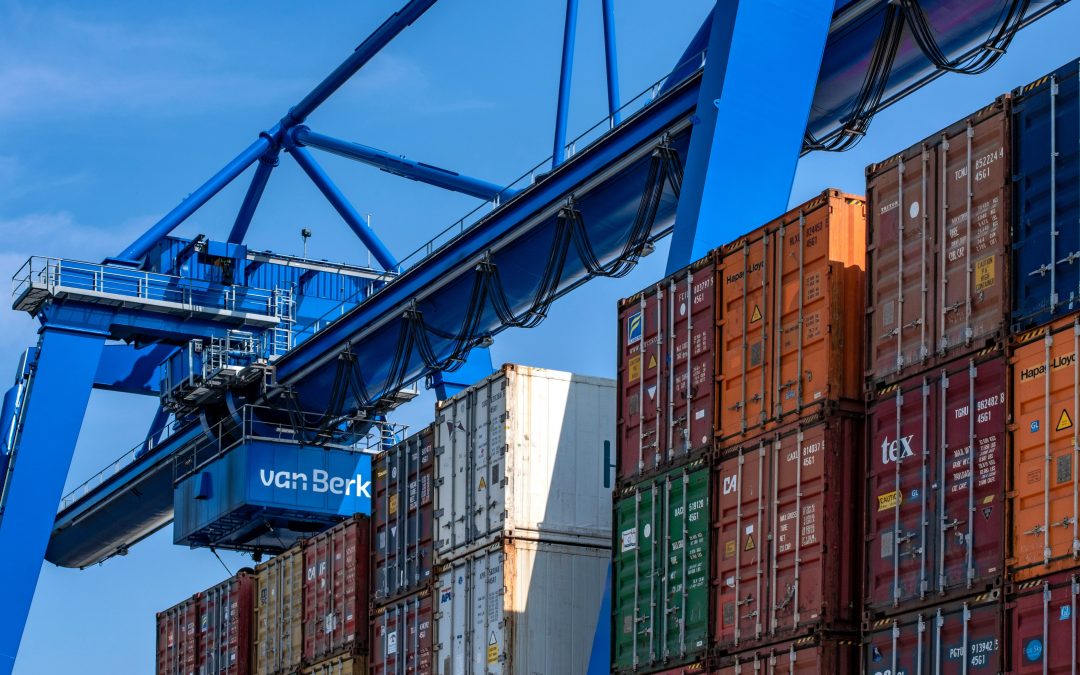The Department for Environment, Food and Rural Affairs (Defra) has confirmed that it will be commencing border health and safety checks for EU imports on 30th April.
Following reports that the Border Target Operating Model (BTOM) checks would not be “turned on” at the end of April, Defra has come forward to reiterate that the checks will come into force on the 30th April, as previously outlined.
It said that the UK Government had “full confidence” that the facilities, infrastructure and systems at the border would be ready for the implementation date.
Defra went on to say that the priority for physical checks from day one would be on the highest risk goods, with Port Health Authorities conducting documentary checks on consignments of all risk levels and contacting traders where they have concerns. Checks will reportedly be scaled up to full check levels in a “sensible and controlled” way.
A UK Government spokesperson said: “As we have always said, the goods posing the highest biosecurity risk are being prioritised as we build up to full check rates and high levels of compliance. Taking a pragmatic approach to introducing our new border checks minimises disruption, protects our biosecurity and benefits everyone – especially traders.
“There has been extensive engagement with businesses over the past year – with our approach welcomed by several trade associations and port authorities. We will continue to work with and support businesses throughout this process to maintain the smooth flow of imported goods.
“We are confident we have sufficient capacity and capability across all points of entry to handle the volume and type of expected checks. It is important to remember the cost of our border checks is negligible compared to the impact of a major disease outbreak on our economy and farmers.”
Defra said this approach would ensure it is “striking the appropriate balance between protecting the UK from biosecurity risks and facilitating trade”, and said it would continually review its enforcement approach tracking compliance levels to protect biosecurity and food safety while minimising disruption to trade flows.
Phased approach is “the right one”
Cold Chain Federation (CCF) chief executive Phil Pluck said: “We welcome Defra’s recent engagement with the Cold Chain Federation about BTOM’s implementation, and the recognition that a pragmatic approach is required.
“Food logistics businesses are trying to make final preparations for operating under the new system from 30th April, not only the changes that will be required to processes but also preparing for the additional costs, planning for mitigating anticipated disruption, and responding to the decisions of some EU-based customers to change or stop their exports to the UK.
“The ongoing confusion about how and when new checks will be introduced makes these preparations incredibly challenging, but it is not too late for Government to work with industry to improve the transition.
“A phased approach is the right one but businesses urgently need clear information about what exactly these phases will include, and a definitive timeline. Giving businesses the certainty they need will help minimise the inevitable cost impacts of the new system for businesses and for consumers.”
Timeline clarification “urgently needed” from Government
Nichola Mallon, head of trade and devolved policy at trade association Logistics UK, said: “Our members do not share the Government’s confidence that facilities, infrastructure and systems at the border will be ready for the new checks due to come into effect in two weeks’ time for foods and other items from the EU.
“As well as serious concerns about the cumulative cost of all these new processes on SMEs in particular, fundamental questions remain about the capabilities of the Government’s facilities to process loads containing food and other perishable goods efficiently and at pace. Any delays can ruin fresh produce, making it worthless and this could cause breaks in the UK’s interconnected supply chain.”
Mallon continued: “Further urgent clarification is needed from Government on the exact timeline as to when physical checks will be scaled up and whether the common user charge will also be applied in a phased approach. Thriving trade requires certainty, stability and simple and affordable border processes, all of which we have been pressing Government on for some time.
“Instead, and despite their best efforts to prepare over several years, our members continue to face chaos as a result of ongoing uncertainty and confusion from Government. With only two weeks remaining until the Government’s own deadline for introducing these checks, logistics businesses deserve clarity on how they are to continue to operate effectively to protect the UK’s supply chain.”









